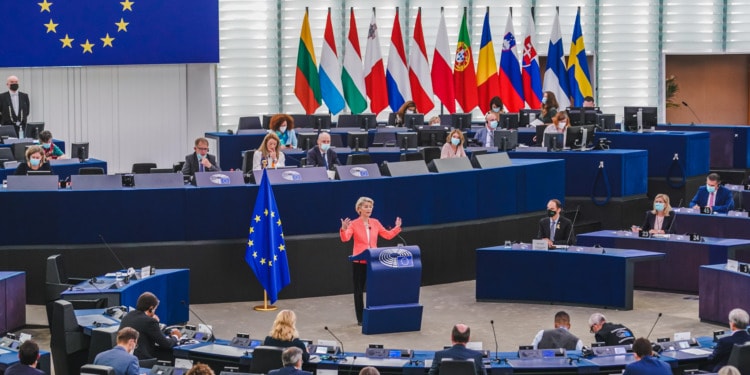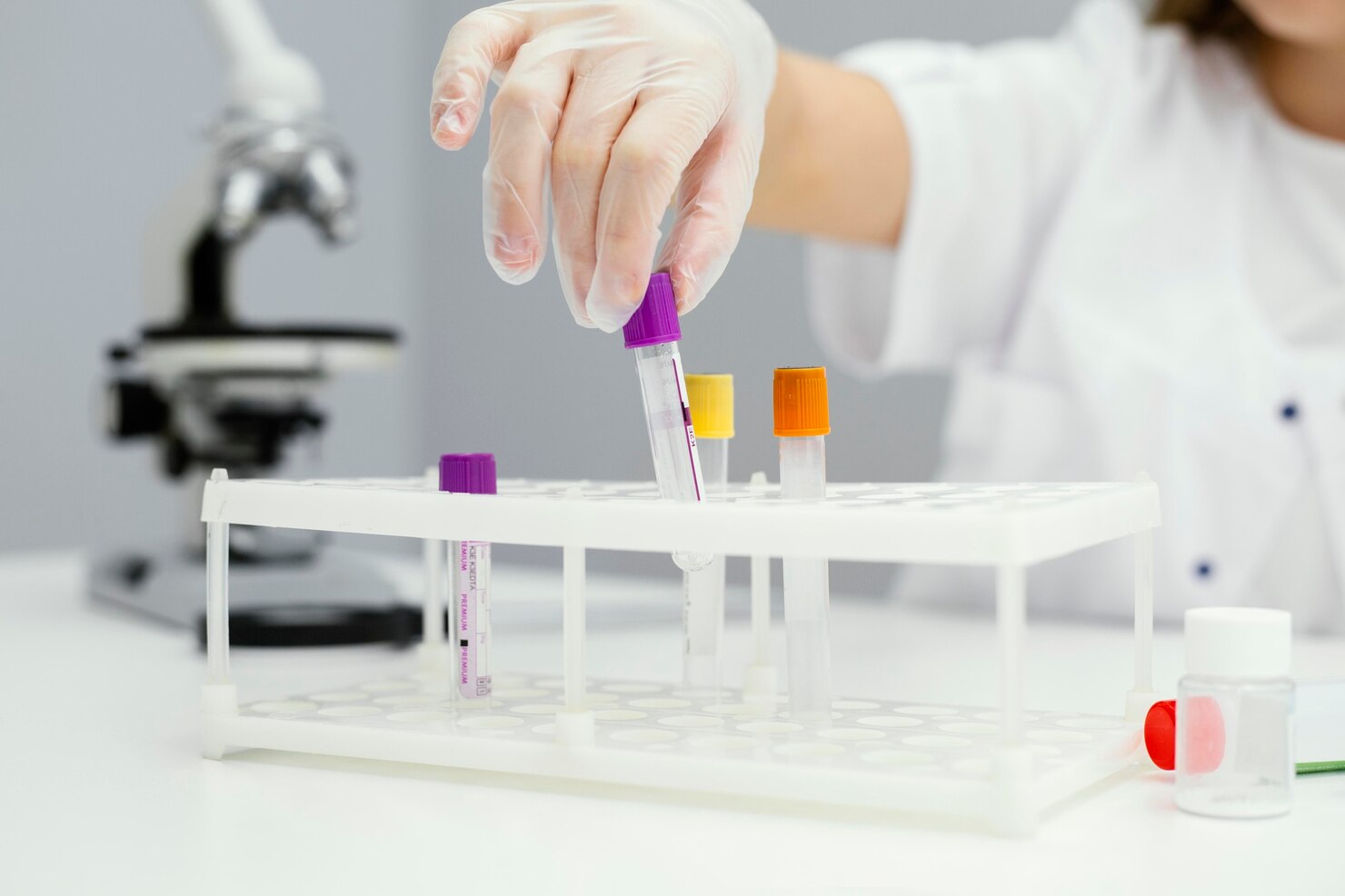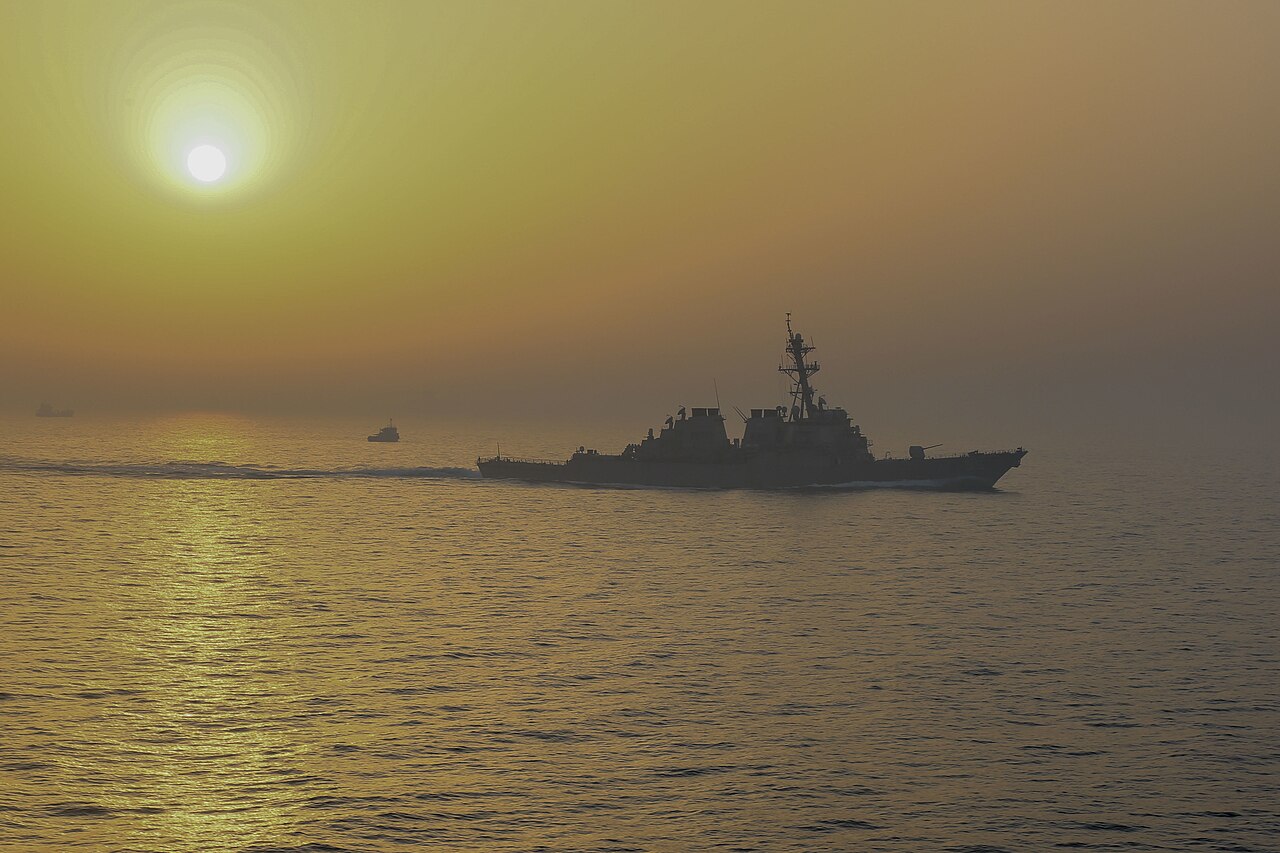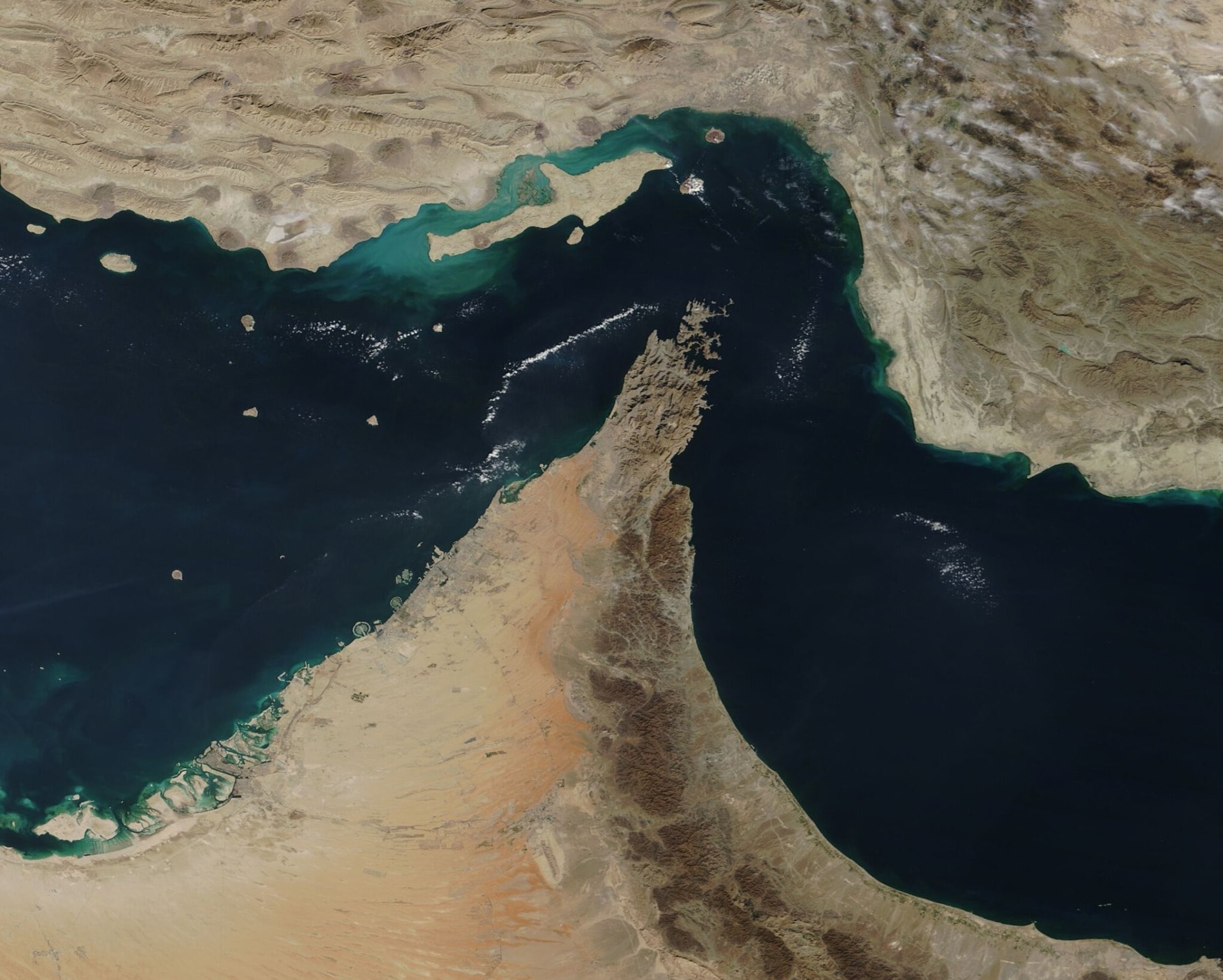“[The EU] will never accept Putin’s sham referenda nor any kind of annexation of Ukraine,” European Commission President Ursula Von der Leyen stated yesterday, adding that they are “determined to continue making the Kremlin pay.” EU ambassadors followed through on these sentiments, formalising the 8th sanctions package against Russia that includes the “legal basis” for an oil price cap.
The exact price, or price range, of this future cap has not yet been announced. Since the legal groundwork of the decision has now been completed, it is expected that this information will become known in the coming weeks.
As part of this plan there will be concessions made for Malta, Greece, and Cyprus, whose shipping industries are heavily reliant on Russian oil. These countries have been promised EU support when it comes to managing the predicted loss of business.
Further sanctions such as travel bans and asset freezes are included to target individuals and entities involved in the recent “sham” referendums.
The exportation of aviation items, electronic components, and specific chemical substances to Russia will also be restricted in efforts to limit country’s war efforts.
20 billion euros of carbon allowances will be made available to help finance this shift away from Russian fossil fuels. Around 75% of this will come from the bloc’s innovation fund, and the rest from front-loaded auctions.
To keep the arrangement fair, ministers also made the decision to adjust the share of funds that countries are eligible for to reflect how dependent they are on fossil fuels.
Putin has been using energy as a weapon, causing economic and social hardship.
Statement by President @vonderleyen in #EPlenary https://t.co/RdkACGMO67
— European Commission (@EU_Commission) October 5, 2022
Germany has fallen under particular criticism in these recent meetings as last week they announced a €200 billion financial scheme, described by Chancellor Olaf Scholz as a “defensive shield,” providing price breaks for gas and electricity consumption.
This has aggravated the rest of Europe partially since Berlin played a key role in helping Gazprom dominate the European energy market by advocating for the Russian energy giant and establishing its subsidiary in Berlin.
Related Articles: Ukraine-Russia War: Russian Gas is Europe’s Achilles’ Heel | Four Mystery Gas Leaks on Nord Stream Pipelines: What They Imply and How Europe Is Responding
Additionally, this decision – and the fact it was “not agreed, not shared, [and] not communicated” with the EU first – subverts the rationale integral to the Union, whereby countries demonstrate solidarity rather than working to look after themselves.
French Commissioner Thierry Breton expressed these frustrations on Twitter, stating:
“While Germany can afford to borrow €200 billion from financial markets, some other member states cannot. We need to reflect urgently on how to offer member states – which do not have this fiscal room for manoeuvre – the possibility of supporting their industries & businesses”
It is expected that these shared grievances make themselves further known at Friday’s EU summit in Prague.
EU's von der Leyen to press EU leaders on gas price cap https://t.co/LRqJoehtOG pic.twitter.com/nTDd2kWz7L
— Reuters (@Reuters) October 5, 2022
Friday’s meeting will also see debates over a price cap on gas used to generate electricity. This topic has been hotly contested for weeks, with Germany, Denmark, and the Netherlands in opposition to any form of cap due to concerns regarding security of supply.
Von der Leyen persistently advocates for this general gas cap as a “temporary solution until a new EU price index ensuring a better functioning of the market is developed.”
Whether this more extensive cap is agreed upon or not, yesterday’s oil price cap is certainly an impactful response to the Kremlin’s unlawful referendums and threats of nuclear action.
It is hoped that through this cap the EU will effectively force Russia to sell its oil at lower prices to overseas countries like India. This should consequently reduce the energy profits that are reportedly feeding their attacks on Ukraine, making this agreement a highly significant development in the battle against the Kremlin.
Editor’s Note: The opinions expressed here by Impakter.com columnists are their own, not those of Impakter.com.— Featured Photo: Ursula von der Leyen addresses the European Commission, September 2021. Photo Credits: European Parliament.









